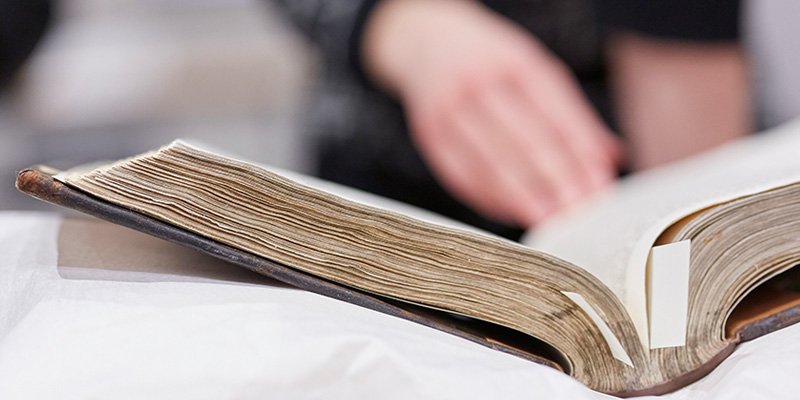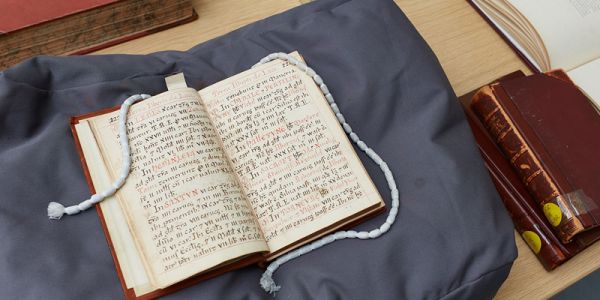History of the Institute for Medieval Studies
History of the Institute for Medieval Studies

A hub of excellence since 1967
The University of Leeds has been an international hub of excellence for Medieval Studies since the creation in 1967 of the Graduate Centre for Medieval Studies (GCMS). The predecessor to the Institute for Medieval Studies (IMS), the GCMS was one of the first centres in the world dedicated to the study of the Middle Ages; it is believed to be the oldest interdisciplinary centre in the University.
Concurrently, the International Medieval Bibliography (IMB) was launched at Leeds by Professor Peter Sawyer, the pre-eminent Anglo-Saxon historian. The first IMB catalogue used a card system with three reference points; today, the IMB includes over 500,000 records and over 120,000 index terms across digital and print formats.
Every year since 1994, in the first week of July, the University of Leeds hosts the International Medieval Congress (IMC), the world’s largest gathering of medievalists. The main aim of the Congress is to provide an interdisciplinary forum for discussion of all aspects of the Middle Ages (300-1500). In 2018, the IMC celebrated its 25th Congress - with nearly 3000 delegates attending.
Here you can learn more about the history of Medieval Studies at Leeds.
Our 50th anniversary
In 2017-18 we celebrated our 50th anniversary with a series of events and an exhibition on the formation of the Graduate Centre for Medieval Studies which is now online: read more about the history of the Institute for Medieval Studies, the International Medieval Congress, and the International Medieval Bibliography.




